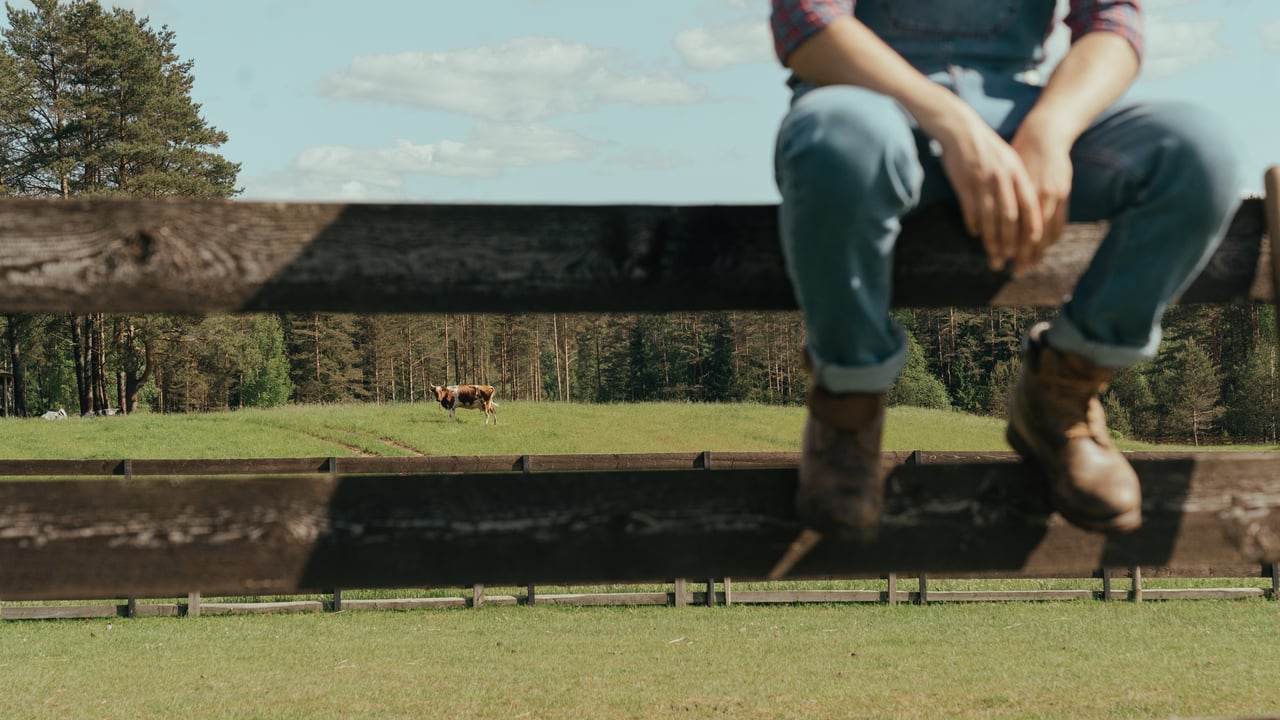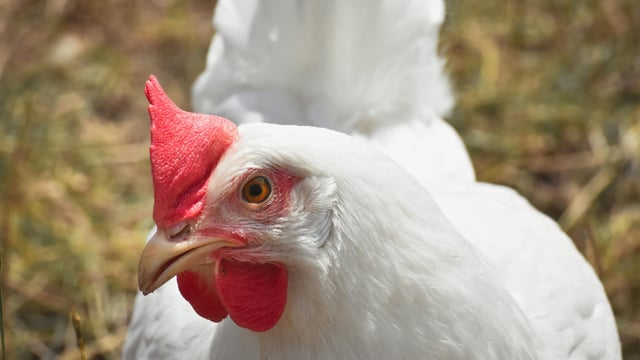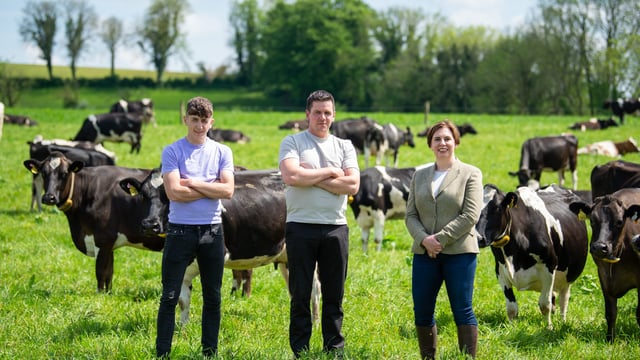Concerns continue on 'dismantling' of CAP in next EU budget
With proposals on the format of the next Common Agricultural Policy (CAP) post-2027 set to be revealed by the European Commission next month, EU farm organisations are continuing to express their concerns.
Formal proposals on both the CAP and the EU's long-term budget - the Multiannual Financial Framework (MFF) - are likely to be put forward by the European Commission on July 16.
It is understood that, as part of that, the commission is planning to merge its various funding programmes into a smaller number of funds, which would be allocated all together to member states.
Member states would then outline how they plan to use the funding, which the commission would then approve.
This could not only see the merging of funding for both pillars of CAP, but potentially also the end of ringfenced funding for CAP.
Despite wide-ranging rejection of the idea, including from most agriculture ministers among the EU member states, the commission nonetheless seems intent on pushing on with its expected proposals.
CEJA, the group representing EU young farmers, has expressed its dissatisfaction and frustration regarding what it calls the "climate" surrounding the upcoming proposals.
In a joint statement, CEJA's member organisations - including Macra - said that EU agriculture is already faced with "a structural socio-economic and vocational crisis" and uncertainty on the trade front.
"The European Commission has been designing new modalities of funding, as part of so-called 'National and Regional Partnership Plans', which would seriously undermine the ambitions of young farmers for the future, and threaten to dismantle the CAP as one of the oldest and most successful EU policies ever established," the statement said.
CEJA and its members have called for "clear guarantees" on the integrity and commonality of the CAP as a standalone legislation, and with a dedicated budget.
They say that the expected proposals from the commission have been "designed within an opaque process, in a limited amount of time and with very little consultation of involved institutions and stakeholders".
"In light of this methodology, which questions the quality of the outcome, young farmers are unanimous: The conditions in which the policy is currently designed are unacceptable and fuel dissatisfaction and frustration.
"The [commission] referred to the possibility of establishing single national plans for programming and delivering key EU funding policies, including the CAP," CEJA said.
"The project has sparked many concerns among the young farmer community, as it risks leading to unclear targeting of public support; inefficiencies in the delivery of policies; distortions within the single market; and the aggravation of democratic concerns currently surrounding the policy," the farm organisation added.
CEJA called on the commission to clarify its priorities on CAP, and for guarantees on a standalone CAP legislation with a dedicated and commensurate budget.
"The absence of such guarantees would not only break the strong consensus reached less than a year ago by the Strategic Dialogue on the Future of EU Agriculture, but it would also mean the end of the CAP and its associated objectives.
"If the EU remains seriously committed to its agriculture, it needs to break away from declarations of intention, and provide farmers with adequate means to fulfill their missions. In this perspective the proposals of July 16 will constitute a make or break moment for young farmers of today or tomorrow," the young farmers organisation said.





